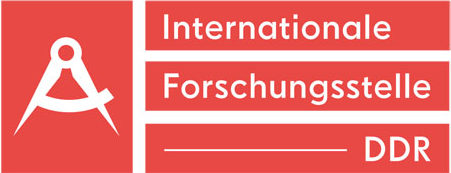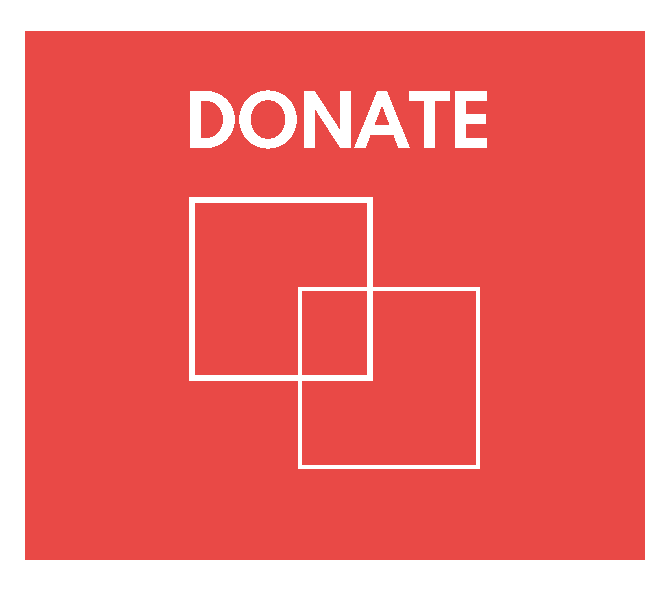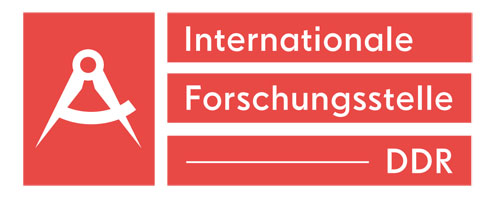ABOUT IF DDR
Today’s social conditions are characterized worldwide by intensified capitalist exploitation, ongoing neocolonial dependency, armed conflicts and growing signs of crisis. Unimaginable wealth stands in stark contrast to unimaginable impoverishment. The most elementary objectives, such as providing people with sufficient food and access to health, housing, education and culture, appear less and less attainable within the existing framework. On the contrary, economic dependencies, insecurity and competition are exacerbating social conditions both in the Global North and, in particular, in the countries of the Global South. The intensification of these contradictions is accompanied by growing resistance struggles that bring fundamental questions of social organization and coexistence to the fore.
Against this background, we, the International Research Centre DDR (IF DDR), are investigating the history of the German Democratic Republic (DDR) and the societal changes it achieved. The DDR’s 40-year commitment to progress, peace, anti-fascism, anti-colonialism, and internationalism stands in sharp contrast to the history of capitalist West Germany and represents a wealth of knowledge for progressive movements seeking to tackle social challenges today.
Our objective is to enrich current debates with historical experience. To do so, we examine and analyse the functioning of key sectors of the DDR’s socialist society: the planned economy, the health care system, the legal system, agriculture, education and so on. A critical appraisal of this history offers a deeper perspective on the fundamental possibilities and difficulties that arise when constructing alternative social, economic, and political models.
The IF DDR focuses in particular on internationalism and how state and societal actors of the DDR built relationships with other countries and anti-colonial movements. To this day, the DDR’s solidarity and support for economic and political sovereignty are vividly remembered in countries throughout Latin America, Africa and Asia. Indeed, the German abbreviation “DDR” often still represents a positive point of reference for many in these countries, which is why we use it throughout our multilingual publications.
Our research is driven by the specific needs of the emergent anti-colonial, anti-capitalist, and socialist movements that are searching for economic and social alternatives today. We produce our material explicitly in their interest.
With a small team of young scholars from East and West, we have begun to re-examine existing literature and archives, as well as conduct interviews with eyewitnesses from this period, to develop accessible publications in a variety of media formats. We work closely with the globally organized research institute Tricontinental: Institute for Social Research, which is an important partner in connecting us with movements in the Global South.
Follow our Telegram Channel for updates on the latest articles and interviews.
Subscribe to our newsletter (in German):


